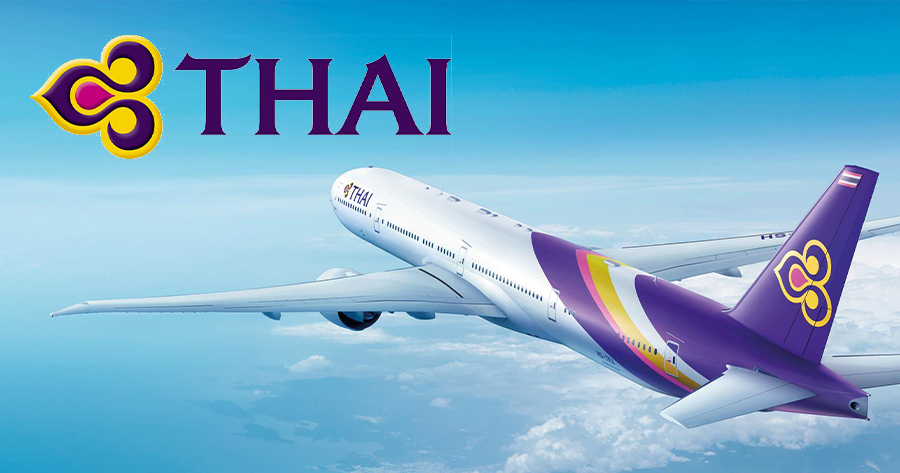When Thai Airways International Public Company Limited (SET: THAI) re-listed its shares on the Stock Exchange of Thailand (SET) on 4 August 2025, its opening price was THB 10.50 per share. Within six trading days, the price increased by 69.52% and closed at THB 17.80 per share on August 14. Only on August 7, the share price fell slightly. Additionally, the exchange volume and share price growth have pushed the company’s market cap to THB 498.4 billion, surpassing the market caps of some major banks.
Currently, THAI is among the stocks that support Thailand’s market index, similar to Delta Electronics (Thailand) Public Company Limited (SET: DELTA) in the past. On August 14, THAI’s share price went up by THB 1.70, contributing to a 3.76-point increase in the SET Index. Without the share, the index would go down by about 14.5 points.
More importantly, THAI is not limited to the Capped Weight 10% criteria. Dr. Soraphol Tulayasathien, Senior Executive Vice President, Head of Corporate Strategy & Strategic Initiatives Division, Head of Sustainable Market Development Division and Head of Strategy Group of SET, cited that the share is still not being included in the SET50 and SET100 indices yet.
The SET began using the Capped Weight 10% criteria on July 1 to limit the weight of individual stocks to 10% in the SET50 and SET100 indices to decrease the influence of major stocks, such as DELTA, effectively, while maintaining the market structure and capability in reflecting its overall performance.
As for THAI, the stock has not displayed its current P/E ratio yet due to the report of the loss in the company’s performance in the past four quarters. This development will continue until the company reports a positive gain. Mr. Koraphat Vorachet, Division Head of Research of Krungsri Securities, stated that the estimated premium valuation for THAI, based on a P/E ratio of 15x to 20x, would be around THB 14.00 – 18.50—appropriate only for investors with a high risk tolerance.
Mr. Therdsak Thaveeteeratham, Deputy Managing Director, Research Division of Asia Plus Securities, and the analysis from KGI Securities stated that THAI’s share price has already exceeded its fundamental valuation, while the continuous price increase was attributed to a low level of liquidity or free float, around 2 billion shares out of 28 billion being traded by retail investors. The majority of THAI’s shares, roughly 90% belonging to the creditor who obtains these shares by converting debt into equity, will be locked up for about six months to one year before they can be traded, and only 25% of them can be sold during the first six months.
There is also a possibility that institutional investors or funds will begin to collect THAI’s share as the share is anticipated to enter the SET50 index next year, while its current share price pushes the market cap above THB 400 billion, positioning the share among the top 10 major shares that could attract investors and institutional investors. Based on the SET criteria, the market will evaluate the performance of THAI from January to June 2026 before entering the July to December 2026 round.
On the fundamental side, the company’s 2Q25 performance has exceeded expectations. The analysts will hold a meeting on August 18 and may adjust their target forecasts after previously setting the company’s target price of THB 8.00 per share.





